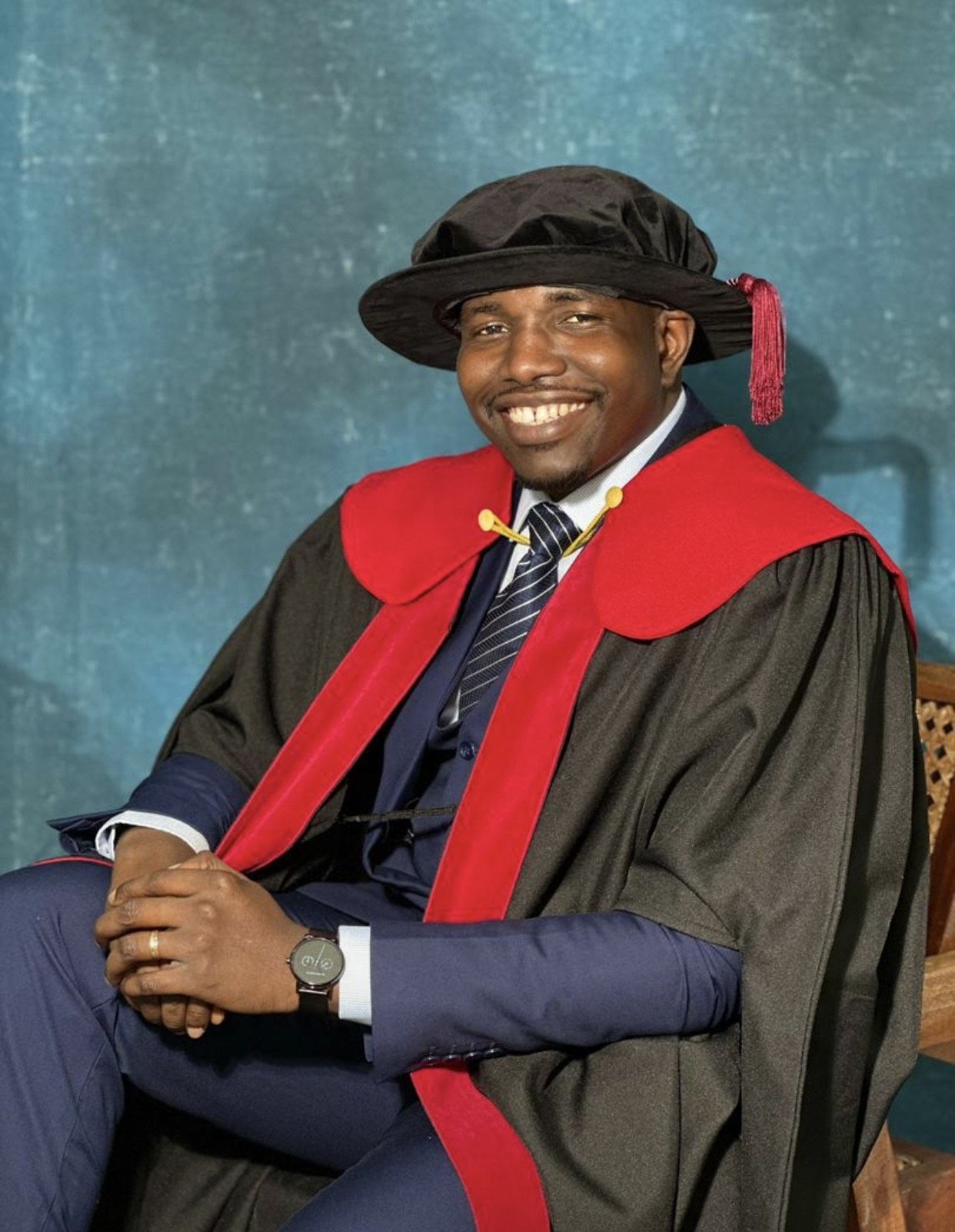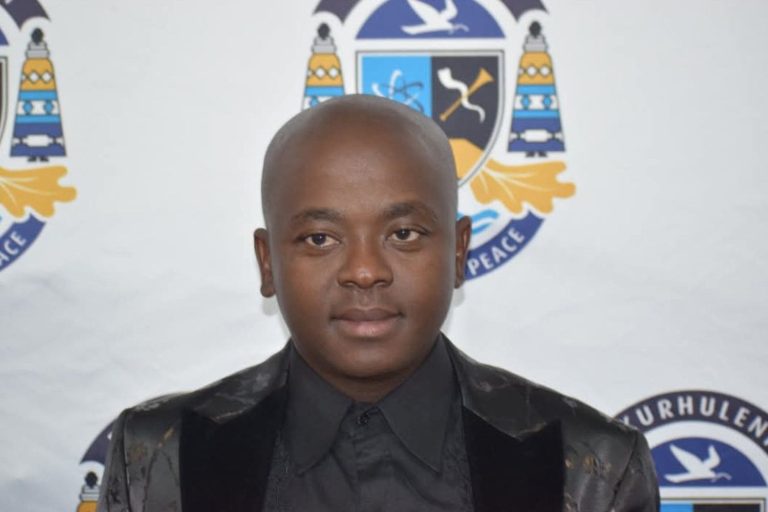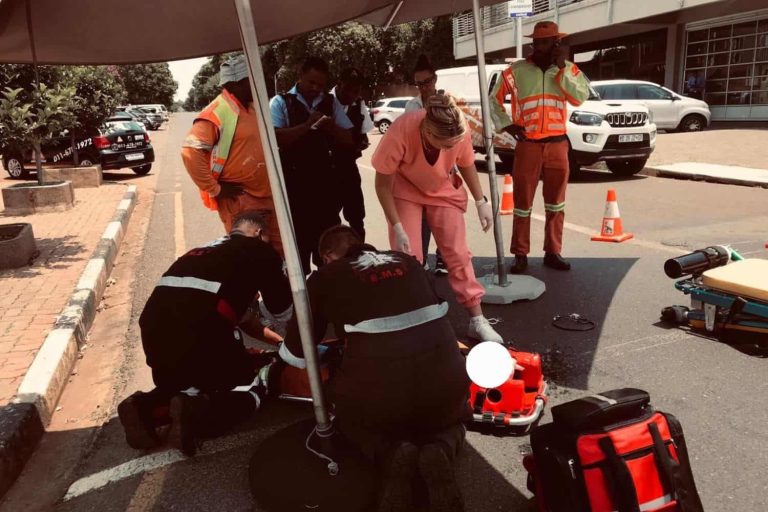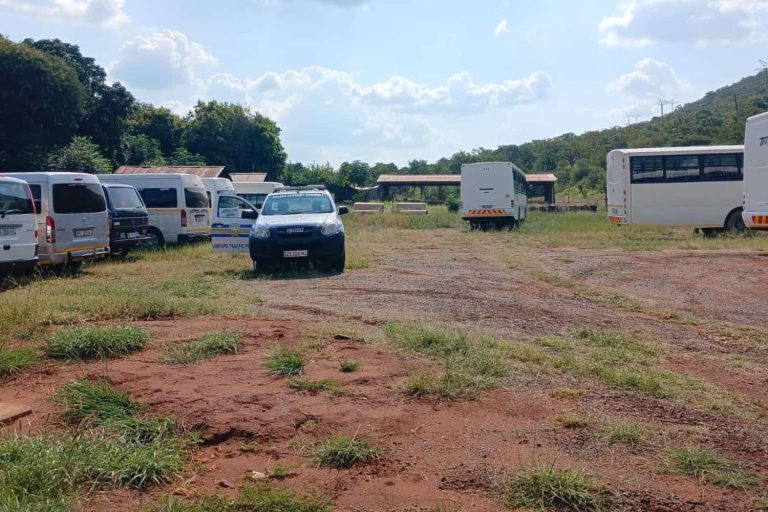
Research on poverty, politics, and media earns international recognition and positions Arowolo for wider policy impact
Nigerian academic, researcher and media practitioner, Dr. Olasunkanmi Arowolo, has been awarded a Doctor of Philosophy (PhD) degree by the University of Kent, United Kingdom. He also recently received recognition from the British Academy as a Global Talent in Media and Communications, underscoring the international relevance of his scholarly work.
Dr Arowolo’s doctoral thesis, titled “Poverty, Politics and the Press: Uncovering the Complexities of Media Coverage on Nigeria’s Social Investment Programmes,” examines why more than 64 years of government-led poverty reduction initiatives have yielded limited results despite significant financial investments.
His research identifies entrenched systemic issues including political interference, manipulated narratives, corruption, misinformation, structural inefficiencies and widespread public distrust as major obstacles that continue to undermine social investment programmes and enable exploitation.
Arowolo said his work was inspired by the famous Panos Global Poverty Report, Making Poverty the Story, which examined how poverty is portrayed in developing countries, particularly in Africa and Nigeria.
“I noticed that despite numerous programmes introduced over 64 years by successive governments, meaningful results had not been achieved,” he said. “As a communications scholar, I wondered whether the issue was partly how these programmes were communicated, or if deeper structural problems were at play.”
He explained that the study ultimately revealed how interactions between the press and political leaders shape public understanding of anti-poverty programmes, and how these communication patterns can hinder or advance national development efforts.
According to the release, Arowolo’s work demonstrates that transparent, accurate and accountable media reporting can strengthen governance, rebuild trust and improve the effectiveness of social investment schemes. His findings have implications for journalism, policymaking and social development in Nigeria and globally.
Reflecting on his academic journey, he acknowledged the challenges that came with balancing research, writing and family responsibilities. “There were moments when reading or writing felt difficult. Being part of a supportive community helped me push through,” he said. “That inspired me to start sharing content on YouTube, hoping others can also share their progress and challenges.”
He described the experience as one that taught him “discipline, endurance, and the value of God’s guidance.”
Looking ahead, Arowolo revealed he began planning his post-PhD agenda even before submitting his thesis. He has drafted policy documents tailored for government, journalists and policymakers, aimed at translating his research into practical tools.
He plans to produce podcasts and multimedia content to make his findings more accessible to the public, and expects to publish six to eight peer-reviewed journal articles from his nine-chapter thesis. He also intends to present his work at global academic conferences such as the International Communication Association (ICA) meeting.
With support from the British Academy, he will extend his research to the UK by comparing media coverage of Nigeria’s social investment programmes with reporting on the Universal Credit system, exploring similarities, differences and cross-national lessons.



